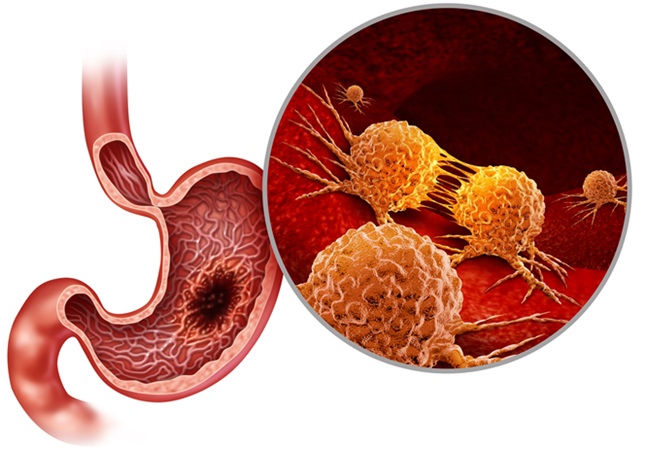Promising Molecular Markers Support Earlier Diagnosis of Gastric Cancer
Posted on 09 Jun 2025
Late detection continues to make gastric cancer one of the leading causes of cancer-related deaths globally. With improved early detection tools urgently needed, researchers have now identified two long non-coding RNAs (lncRNAs)—CBR3-AS1 and PCA3—as promising molecular markers that could support earlier diagnosis of the disease.
LncRNAs are RNA molecules that do not encode proteins but regulate gene activity. Due to their stability and role in gene expression, they are increasingly studied for their diagnostic and therapeutic potential. In their study, researchers from the University of Tabriz (Tabriz, Iran) focused on determining how CBR3-AS1 and PCA3 are expressed in gastric cancer tissues compared to adjacent non-cancerous tissues, exploring their viability as diagnostic biomarkers. Their analysis of gastric tumor and neighboring normal tissue samples from 100 patients revealed that both CBR3-AS1 and PCA3 were significantly overexpressed in cancerous tissues. This overexpression points to their involvement in tumor development and reinforces their potential diagnostic relevance.

Further analysis examined whether the expression levels of these lncRNAs were linked to clinical parameters such as age, tumor size, cancer stage, or Helicobacter pylori infection. No statistically significant correlations were found. Nonetheless, the marked difference in expression between cancerous and healthy tissues supports their diagnostic utility. To evaluate how accurately these molecules can differentiate cancerous from normal tissue, the researchers performed receiver operating characteristic (ROC) curve analysis. Among the two, CBR3-AS1 demonstrated particularly strong performance, suggesting it could serve as a reasonably accurate standalone biomarker for identifying gastric cancer. These findings have practical implications. A reliable, non-invasive biomarker could significantly improve early diagnosis rates, enabling timely intervention and improving patient outcomes.
PCA3 is already FDA-approved for prostate cancer diagnosis, which adds further credibility to its potential role in gastric cancer screening. The study authors caution that while the initial results are promising, the work was conducted at a single center and did not examine the mechanisms through which these lncRNAs contribute to cancer progression. They emphasize the need for larger, multi-center studies and further functional analyses to validate the clinical applicability of these biomarkers. In conclusion, CBR3-AS1 and PCA3 emerge as strong candidates for use as molecular diagnostic tools in gastric cancer. With additional validation, they could help shift diagnosis to earlier stages of disease and enable more targeted, effective treatments.
“The ROC curve’s findings lead to the conclusion that the genes lncRNAs PCA3 and CBR3-AS1, with AUC values of 0.68 and 0.79, respectively, suggest that they could play carcinogenic roles in GC and may act as moderate diagnostic biomarkers for GC,” stated the authors.














